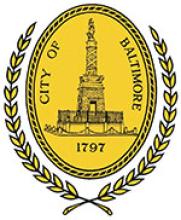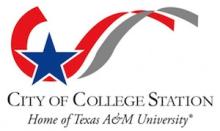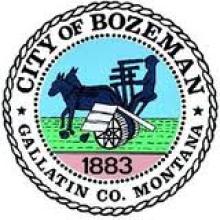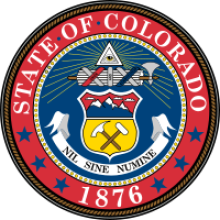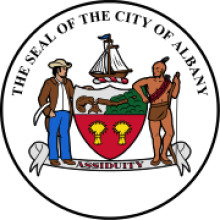Baltimore City Council Ponders Options for Moving Muni Fiber Forward
Baltimore's City Council has decided it's time to move forward with a plan for city-owned fiber and they are putting pen to paper to get the ball rolling.
Since 2010, we have covered Baltimore's efforts to improve connectivity for businesses and residents. For a time, they expected FiOs from Verizon but when the provider announced it would not be expanding its network, Baltimore began to explore a Plan B.
Plan B included a publicly owned option, possibly making use of fiber assets already had in place. Mayor Stephanie Rawlings-Blake has supported taking steps to improve connectivity for Baltimore's economy, education, and general livability. A crowd funding initiative from the Baltimore Broadband Coalition has raised over $20,000 and the community has commissioned several studies. Baltimore even has a city broadband czar.
City Leaders Push On
Members of the City Council have recently renewed the call to action. Council Member Mary Pat Clarke introduced a resolution in September calling on the city to quickly develop a broadband plan. The resolution calls for fiber to all homes, businesses, and institutions in Baltimore in order to bring better connectivity to low-income households, improve economic development, and improve options for anchor institutions.
The resolution has been referred to the Departments of Planning, Transportation, Public Works, Finance, City Public School System, and is now in the Mayor's Office of Information Technology.
Westminster Inspires Immediate Action


